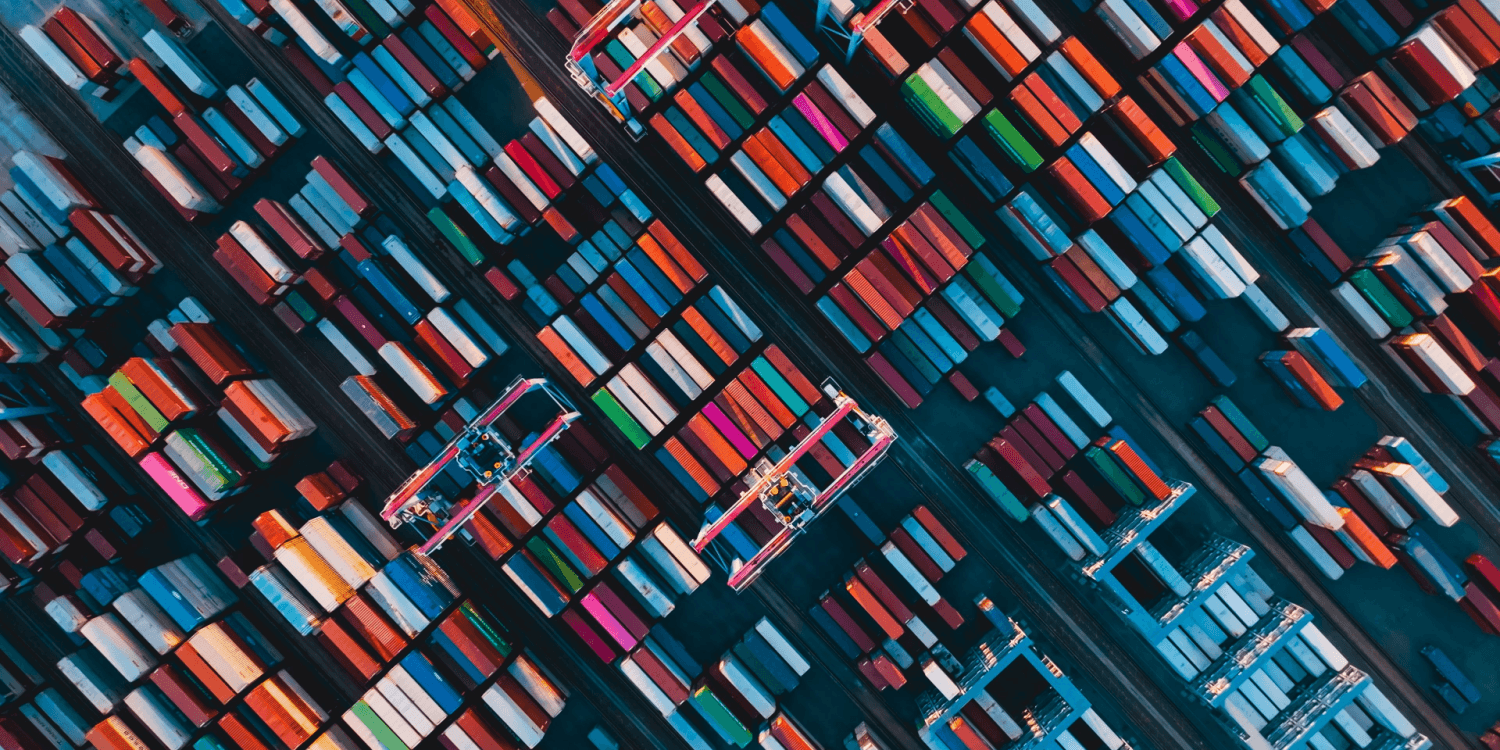The existing trade order is unravelling at a breathtaking pace. The World Trade Organization and the rule-based trade system that promoted economic integration and globalization for much of the last 80 years is under extreme pressure from trade wars and increasing geopolitical frictions. Yet, rising protectionism and isolationism are also symptoms of a broader public backlash against globalization and international trade.
Built on the promise to deliver prosperity for all, many of the existing trade and investment rules have also intensified inequalities and exposed countries to global shocks. Especially, the distributional effects of global trade have left many groups in society worse off, fuelling authoritarian populism and political opposition to globalization.
Concerns for fairness, accountability, and national sovereignty were often subordinated to principles of enhancing economic efficiency and productivity. So while trade liberalization and globalisation have delivered tangible benefits in a number of countries – such as China, India or Bangladesh – they have significantly deepened global economic inequalities and thus eroded the legitimacy of the existing trade order in many societies. While it is clear that the current order is disappearing, it is less obvious what comes next.
This policy brief seeks to help us understand why the old system has failed, how a new one might look like, and what principles should guide it. We outline three broad scenarios for the future of the global trade order: (1) Turnberry System, (2) Trade Blocs, and (3) Phased Liberalization.
We then assess these scenarios in terms of their ability to win public support and meet principles of democratic legitimacy. Finally, we propose some policy suggestions. This will help stimulate a policy dialogue bringing together policy-makers, thought leaders and civil society actors in search of solutions that would help reconcile multilateralism and democratic legitimacy in international trade.
This Issue Brief is part of the wider project “Understanding the links between multilateralism and democracy to tackle global challenges more effectively” undertaken by the Kofi Annan Foundation and the Albert Hirschman Centre on Democracy.


